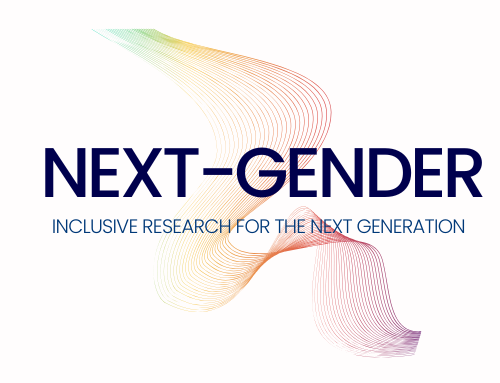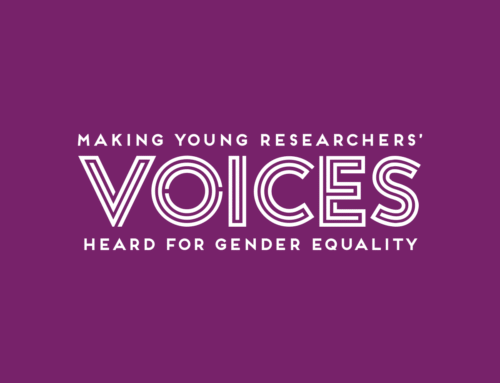VOICES WG3 co-leaders Anita Thaler and Clemens Striebing organised a session with Sascha Fink and Daniela Krainer (FH Kärnten) at the 22nd Annual STS Conference Graz 2024 „Critical Issues in Science, Technology and Society Studies“ (https://stsconf.tugraz.at). The hybrid conference took place from May 6-8th in Graz, Austria (and online), and the VOICES related session comprised ten research papers on „Gender and Intersectionality in Technology and Innovation Research – The Practical Experience“.
Although the new European Research Area (ERA) addresses now (among others) the stronger inclusion of gender and ethics and highlights methods like knowledge creation and intersectionality is mentioned in the current work programmes and calls of Horizon Europe, for many STEM researchers the topic still is not easy to deal with. Thus this session asked: How do technical research and innovation projects actually include gender dimensions?
The organizers fostered a discussion about how gender and intersectionality can be practically integrated in research and innovation projects, and the following presenters shared experiences, exchanged good practices as well as challenges and failures to start a critical discourse on the next level of gendered innovations research:
- The Gender Dimension in FEMtech Research Projects – A reflection based on practical experiences by Sybille Reidl & Sarah Beranek
- Gender+ in nanotechnology. A practical experience by Rita Bencivenga , Diego Colombara, Cinzia Leone
- Embedding Intersectionality in Research Funding: A Pathway to Inclusive Innovation by Helene Schiffbänker, David William Walker & Julia Greithanner
- From Lived Bodies to Inclusive Interfaces: Plessner, Feminist Standpoint Theory, and Gender-Inclusive Design Synergies by Charlotte Reinhardt
- Gatekeeping of Entrepreneurial Living by Cansu Güner
- Co-creating a 3D printed prosthesis design using an intersectionality lens by Anita Thaler, Sascha Fink, Daniela Krainer, Peter Schubert, Julian Bosch, Rosmarie Heim, Claude Humbert, Thomas Rockenbauer, Michael Sauer, and Matthias Sepin
- Negotiating contradictions of classifications for the purpose of self-empowerment by Heike Gerdes
- ChatGPT Ate My Homework: An Alternative Exploration of Research Methodologies Situating Generative AI as an Academic Co-Researcher by Anna Shimshak, Hannah Puckmayr, Selina Oswald, Michelle Ulz, Astrid Fraißler, Göksu Taskin, Tetiana Lekhush, Anamaria Soče, Sara Arias
- Intersectional Gender Relations and Socio-technical Transformations in the Energy Sector by Andrea Wolffram
- Between pioneering and a paper tiger: the evaluation process of gender mainstreaming in EU project proposals by Katrin Mögele & Paula Gundi




